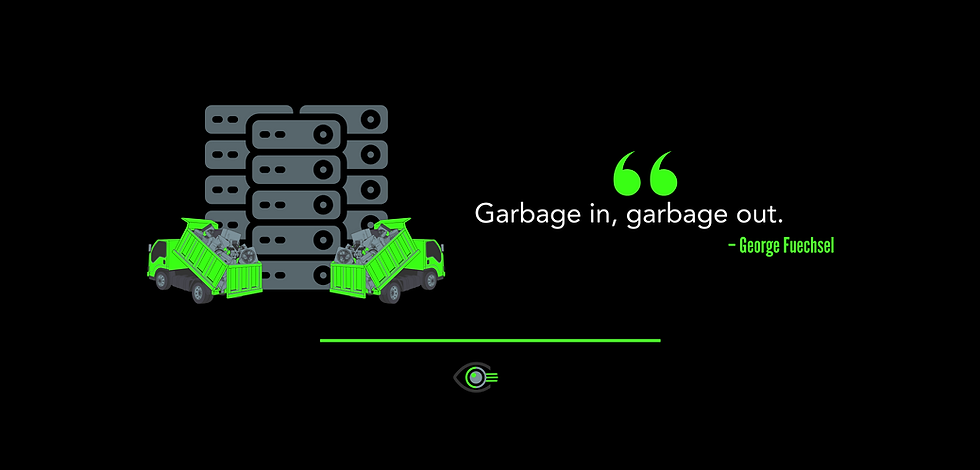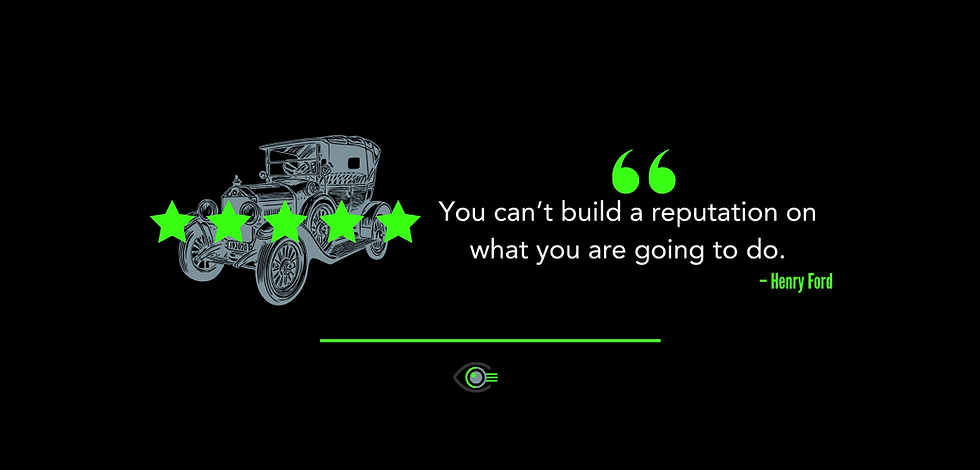You Don’t Build a Business – You Build People
- David Langdon

- Jun 17, 2025
- 3 min read
Updated: Jun 17, 2025

Why Internal Resourcing is the True Engine Behind Legal Tech Success
“You don’t build a business – you build people – and then people build the business.” — Zig Ziglar
In the world of legal tech, conversations often revolve around platforms, products, and feature sets. But if you strip back the shiny dashboards and clever AI integrations, what determines whether an implementation succeeds or stalls? It’s not the software. It’s the people.
Chapter 12 of Beyond the Features opens with Zig Ziglar’s enduring quote for good reason. It’s a timely reminder that no matter how advanced your technology stack is, it will only ever be as strong as the team behind it.
The People Part of the Equation
Legal technology projects are rarely plug-and-play. They rely on a host of internal roles working in concert:
Project managers who keep the delivery on track
IT leads who understand infrastructure and integration risks
Subject matter experts who translate legal requirements into workflows
Change champions who help bring others along for the ride
These are not optional extras. They are the glue that binds the implementation together. When firms skimp on internal resources — or fail to support the people they do assign — the project inevitably suffers. Delays creep in, adoption stalls, and the return on investment fades.
Why Software Alone Can’t Save You
Even the most intuitive, well-supported legal tech product won’t drive transformation on its own. The software can’t identify your firm’s priorities, communicate with your staff, or tailor the change experience to your unique culture. People do that.
Technology is the tool. Your people are the drivers.
When legal teams view implementation as something the vendor delivers — rather than a shared effort that requires meaningful internal engagement — they put the entire initiative at risk.
Capability is Not a Nice-to-Have
Chapter 12 makes it clear: building internal capability is not a ‘nice-to-have’ – it’s the foundation of sustainable success. A one-off rollout might survive on vendor support alone, but what happens next time? What happens when you need to optimise, integrate, or expand?
Investing in your team today means you’re not starting from scratch tomorrow. You’re creating a workforce that understands the systems they use, feels confident adapting them, and knows how to make smarter decisions in future tech evaluations.
Supporting Your Team for the Long Haul
Too often, internal teams are handed responsibility for a tech implementation with no extra time, no extra budget, and no extra training. The result? Burnout, resentment, and patchy adoption.
Instead, give your team what they actually need:
Time to participate meaningfully
Support from senior leadership
Training that builds lasting capability
Recognition for their role in driving change
When people feel supported, they’re more engaged. When they’re engaged, they take ownership. And that’s where transformation really begins.
Building Business Value the Right Way
Ziglar’s wisdom applies as much to legal tech as it does to broader leadership. If your goal is to build a more efficient, agile, and future-ready legal operation, start by building up the people who will get you there.
Because in the end, it’s not about having the best software on the market. It’s about having the best-prepared team in the market.
Want to ensure your next legal tech project is powered by the right people?
You can book a FREE 30-minute discovery consultation. Let’s talk through where you’re at and how to ensure your next implementation starts clean, runs smooth, and sets you up for long-term success.

Get the Book
If the topic covered in this blog post resonated with you…
You’ll find even more insight, structure, and practical guidance in Beyond the Features – a straight-talking resource designed to help law firms make smarter technology decisions, drive meaningful change, and avoid the common traps of transformation.
The book builds on ideas like those discussed here, offering frameworks, reflections, and actionable advice drawn from real-world experience.
Prefer digital? Get 25% off the PDF edition by using the code BTFEOFY25 when placing your order – valid until 30 June 2025.
Prefer print? The book is also available in paperback on Amazon.





Comments